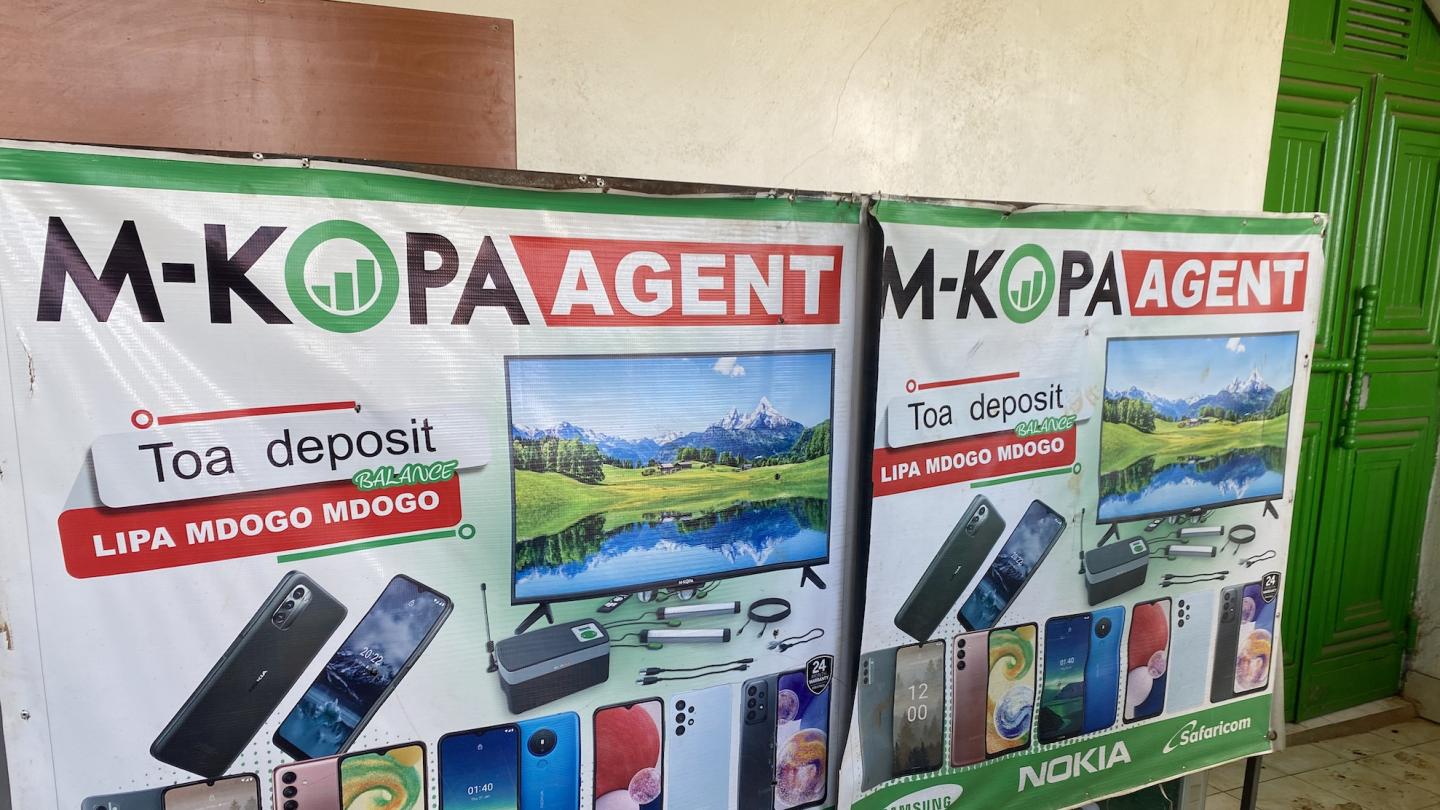Research to increase women’s digital inclusion and income generation
Mobile phones can enable economic and social empowerment by lowering communication costs and facilitating flow of information. They have been shown to drive improvements in supply chain connectivity and creation of jobs, bolster resilience to shocks through remittances, and expand access to other mobile services. As smartphone penetration grows in low- and middle-income countries, a new array of mobile use cases is becoming available to the poor. And yet, the gender gap in smartphone ownership in sub-Saharan Africa has increased from 22% in 2017 to 30% in 2022. In Kenya, where 95% of users report accessing the internet through their personal phone, a 2021 FinAccess survey found that women were nearly 9 percentage points less likely to have used the internet compared to men.
The high up-front cost of smartphone devices remains a primary barrier, especially for women. Loans offer one way to overcome these barriers, but it is often difficult for lenders to extend credit to low income borrowers, who lack collateral and therefore pose a risk to default on their loans. While recent research indicates that a “pay-as-you-go” (PAYG) structure could be an effective means of lending to the large numbers in low- and middle-income countries with no credit history, there is no evidence on how this structure might facilitate or inhibit women’s access to smartphones.
In a new initiative, researchers at Inclusion Economics will explore how an innovative pay-as-you-go smartphone financing platform can be leveraged to expand women’s access and productive use of digital technology in Kenya.
Researchers at Inclusion Economics at Yale are partnering with M-KOPA – an asset-financing platform providing PAYG smartphones to customers in Kenya – on a new project, which is currently in the foundational research and design stage. Over 40% of M-KOPA’s customers live on $3.20 or less per day, and their PAYG financing model for smartphones has reached over 1 million individuals across sub-Saharan Africa. Drawing on existing evidence, administrative data, and qualitative research, this project aims to co-create tailored solutions to increase women’s access to digital technology via M-KOPA and then run a randomized controlled trial to rigorously assess impacts on women’s digital inclusion and economic empowerment.
About the Project
Principal Investigators:
- Rohini Pande, Yale University and Inclusion Economics
- Simone Schaner, University of Southern California
- Emma Riley, University of Michigan
- Laura Barasa, University of Nairobi
